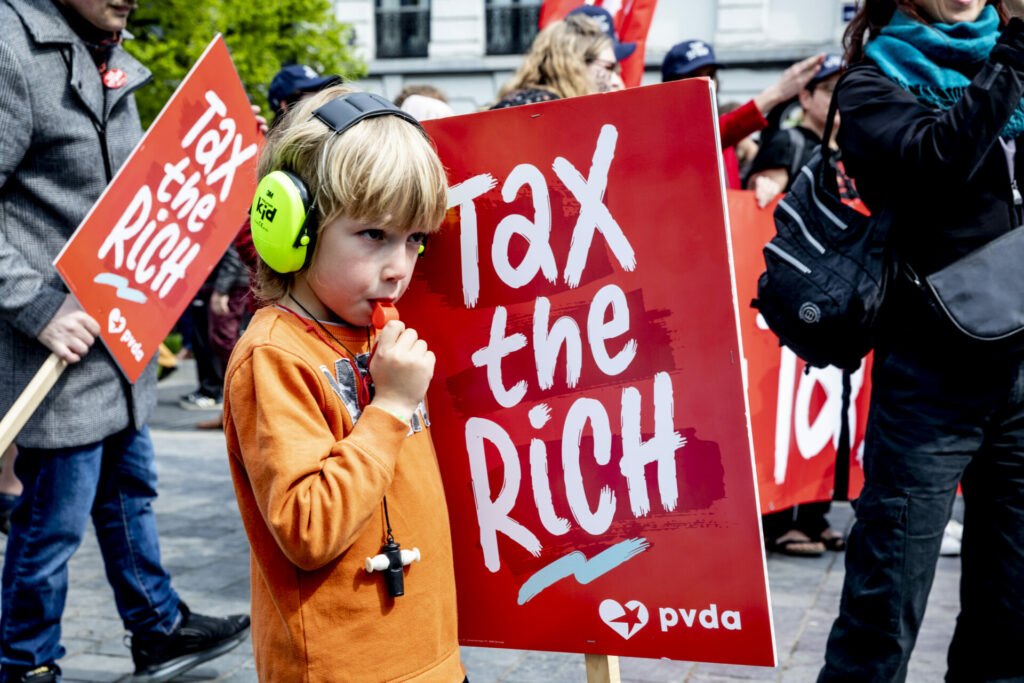Tax evasion through offshore accounts has seen a significant decline, dropping by a third over the past decade, the Global Tax Evasion Report by the EU Tax Observatory reveals.
This change, largely attributed to the stringent crackdown on banks that withhold client information, marks a milestone in global financial regulation. However, experts, including French economist Gabriel Zucman, are steadfast in advocating new wealth distribution measures, notably a global billionaire tax rate of 2%.
The report is a collaboration of over 100 economists and indicates that enhanced transparency and information-sharing between banks have tightened the noose on tax havens. "This reduction is a testament to what policy reform and international cooperation can accomplish," Zucman told economic policymakers.
Despite this progress, leading economists and tax justice campaigners highlight that more can be done, particularly targeting the ultra-wealthy's tax contributions. The World Economic Forum echoes this sentiment, indicating that further measures to curb tax avoidance would be important for equitable economic progress.
While tax evasion (hiding assets or income) is illegal and has been the target of significant legislation to tackle the issue, tax avoidance (using legal means to minimise tax) remains widespread among the super-rich. "There is a substantial difference in the tax contribution from average citizens compared to billionaires, who often leverage complex company structures to minimise their tax liabilities," Zucman pointed out during a panel discussion on fiscal policies.
The Netherlands: A major gap in Europe's tax revenue
The tax proposal aims to establish a 2% tax rate on the wealth of global billionaires – an approach projected to raise around $250 billion annually (roughly €236 billion). This idea is gaining traction among international justice groups in the run-up to the G20 summit in Brazil.
"People doubted that the end of banking secrecy was possible, and yet it happened. We are now looking at a similar watershed moment with the proposed billionaire tax," said Nobel laureate Joseph Stiglitz, advocating the tax in his foreword to the report.
While tax evasion has decreased, the report underscores the growing role of the Netherlands as a conduit for profit redirection by multinational companies. This has prompted calls for more robust international regulatory standards.
Dutch authorities have signalled that they will implement measures to rectify this, a move welcomed by the European Commission and the International Monetary Fund.
Related News
- Is Belgium doing enough to fight tax evasion?
- Record number of Belgians tip off authorities about suspected tax evaders
However, critics and international regulatory bodies demand more profound and immediate actions, pointing to the significant tax revenue lost by other nations (roughly $51 billion, or €48 billion) as a result of the Netherlands' financial system.
In Belgium, roughly €30 billion is lost as a result of tax evasion each year, according to estimates from the Federal Ministry of Finance. In Belgium, communist party PTB calls for a similar tax on the rich: as much as 3% for those with incomes over €3 million per year.
Several Belgian academics and millionaires, including ex-Belgian Prime Minister Yves Leterme, have signed a petition demanding the G20 to adopt a super-rich tax, which they believe will hold the super rich to account over the environment and social inequality.

